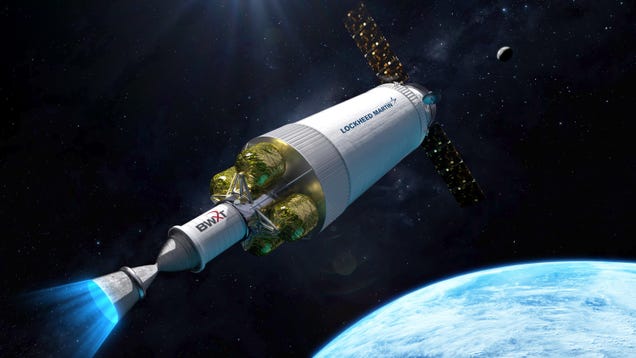Heading: The Future of Space Exploration: Nuclear-Powered Spacecraft
In the 21st century, nuclear-powered spacecraft are poised to revolutionize the space race. While the concept of reactor-equipped rockets has been in development for over five decades, they have yet to move beyond the experimental phase. However, with the latest advancements in technology and a renewed push from NASA, these innovative spacecraft could soon become a reality.
Exploring the Final Frontier
The idea of using nuclear power to propel spacecraft into the cosmos opens up a world of possibilities for exploration. With traditional rocket fuel limitations, nuclear-powered rockets have the potential to travel further and faster than ever before. This could pave the way for missions to Mars, the Moon, and beyond.
Challenges and Opportunities
Despite the promising prospects of nuclear-powered spacecraft, there are still challenges to overcome. Safety concerns, regulatory hurdles, and public perception all play a role in the development and deployment of these advanced vehicles. However, with proper planning and collaboration, these obstacles can be addressed to ensure a successful future for nuclear-powered space exploration.
A New Era of Innovation
As we look to the stars and dream of what lies beyond our planet, nuclear-powered spacecraft offer a glimpse into a new era of innovation. With the potential to revolutionize space travel and unlock the mysteries of the universe, these advanced vehicles could be the key to humanity’s next great adventure.
Conclusion
The future of space exploration is bright with the promise of nuclear-powered spacecraft. As we continue to push the boundaries of technology and imagination, these innovative vehicles could be the key to unlocking the secrets of the cosmos. With determination and collaboration, we can make the dream of nuclear-powered space travel a reality.


